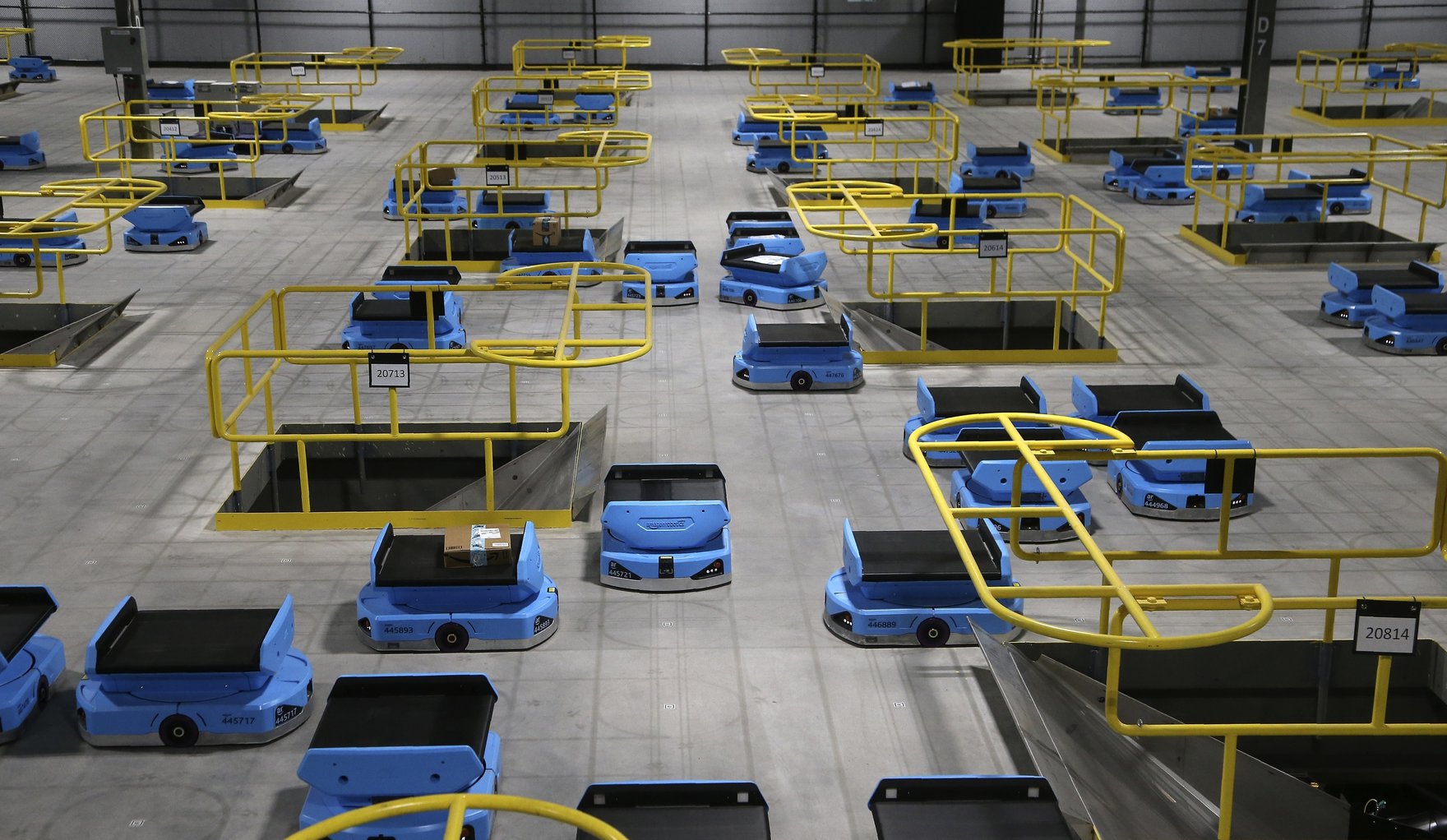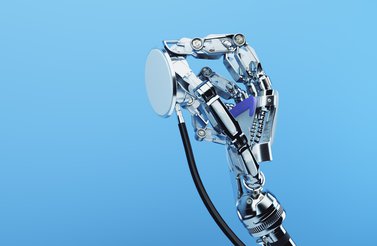In January 2020, a Canadian Broadcasting Corporation report, citing federal government documents, issued a reassuring conclusion: there is no imminent threat that artificial intelligence (AI) and robots will replace large segments of the Canadian workforce.
The report cited a government briefing suggesting that 11 percent of jobs in Canada could be automated over the next 15 to 20 years and a further 29 percent would likely change significantly. Rural towns relying on manufacturing would likely feel the impact of automation the most, the report added.
The study indicates that Canadians, at least in the near term, don’t have to worry about an impending robot employment takeover. Even so, the types of jobs required by employers — in particular, those that involve technology of any kind — are rapidly changing and can be hard to predict. A decade ago, it didn’t seem likely that many companies would have an entire team dedicated to social media management, for example.
Viet Vu and Creig Lamb, two researchers at the Toronto-based Brookfield Institute for Innovation + Entrepreneurship, have taken it upon themselves to figure out exactly which jobs — or combination of jobs — are most in demand, and accordingly, the skills that will be required in the years to come. Their report I, Human: Digital and soft skills in a new economy studied over seven million English-language online job postings in Canada between 2012 and 2018 to get a sense of the human skills in demand.
“You often hear, ‘everyone needs to learn coding,’ but if you look, a lot of the labour market is hiring individuals with baseline digital skills, Microsoft Word, Excel, PowerPoint,” Lamb said. “A lot of the literature on automation talks about the routine tasks that can be automated, so we started thinking about what were the skills that are the most resilient to automation. What can humans do above and beyond technology? What are the social and creative skills we need?”
While the report indicates that roughly one-third of job postings sought a general baseline of digital skills, experience with Microsoft Excel was the most desired item. It was a requirement in more than 700,000 of the job postings studied.
However, skill alone does not suffice. Vu and Lamb found that employers looking for candidates with more complex digital skills — such as software development — were also seeking soft skills.
“The jobs that require the highest portion of digitally intensive skills are also the most hybrid and the postings also looked for communications skills, budgeting, project management,” said Vu.
The need for a combination of digital and soft skills runs counter to the widespread perception that technical expertise is enough. “We have this assumption that [coding] is all a person needs,” Lamb said. “But these employers are seeking coders with social, troubleshooting, project management and quality assurance skills. There is a need for this hybrid individual that can meld the creative, social and digital skills and work in a collaborative environment.”
The study’s conclusion about needing both digital and soft skills appears to align with workforce trends in other developed countries. A similar US study by David Deming and Lisa B. Kahn in 2017 examined job postings between 2010 and 2015 and found that higher-paying occupations were reserved for those who could bring both cognitive and social skills to the table. Here, even as employers seek improved productivity, humans have an obvious leg-up on automated technologies.
In 2017, the Brookings Institution issued a study suggesting that the share of employment in digitally-demanding occupations grew significantly between 2002 and 2016. “Workers of every stripe — from corporate finance officers to sales-people to utility workers and nurses — are now spending sizable portions of their workdays using tools that require digital skills,” the report noted.
Separately, the Canadian federal government is taking steps to address shifts in the labour market. In 2018 it announced it was investing $225 million over four years — and $75 million after that — in a so-called future skills program and Future Skills Center. The program seeks to identify what kind of jobs and skills the changing Canadian economy needs and evaluate new approaches to skills development.
“As companies begin to automate and as technology becomes more prolific throughout the economy, firms are starting to look for people with the social skills that can interact with digital technology,” Lamb said.
And what of the roles for those who are highly skilled in technology? Will there be a widespread need for AI programmers? Lamb and Vu’s research suggests otherwise. They created a taxonomy of digital skills, with Excel on the low end and expertise in AI and machine learning at the top end of the spectrum. Despite recent shifts in the workforce, employers won’t need everyone to be programming automated technologies.
“AI and machine learning involve a very specialized group of skills,” Vu said. “The average worker, over the next five years at least, will not be expected to have AI skills.”





